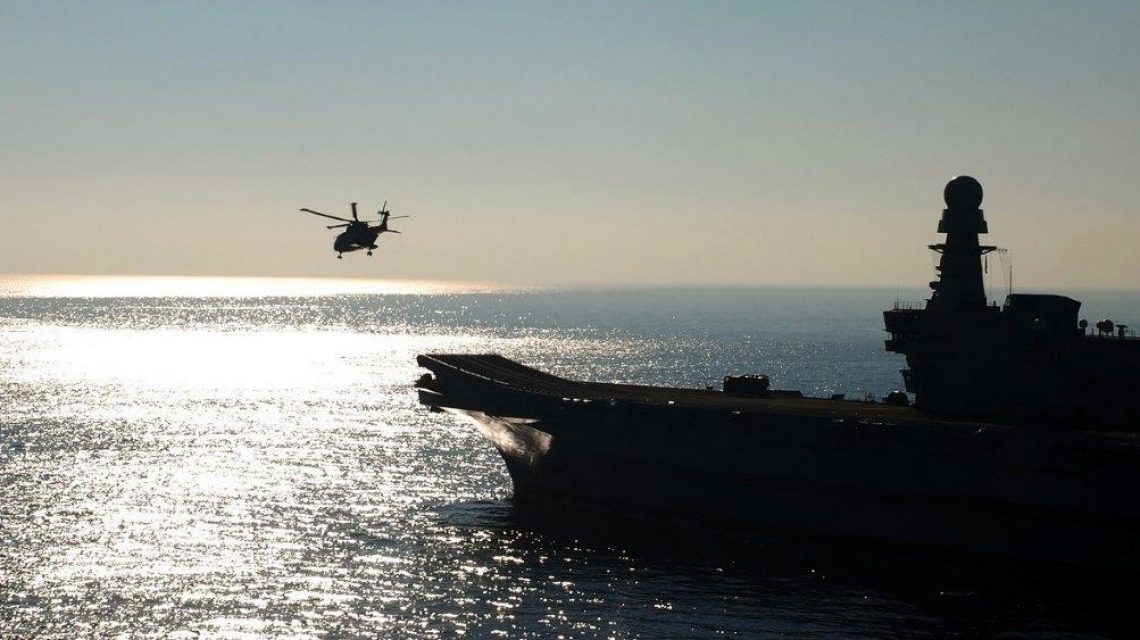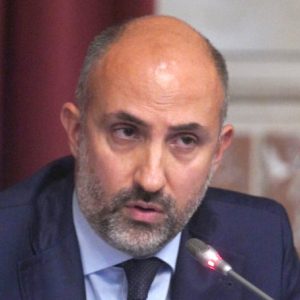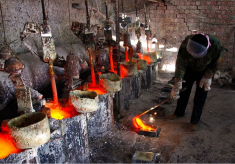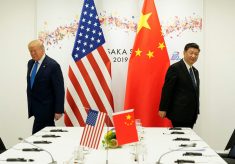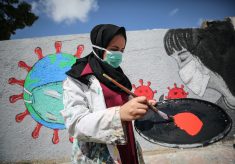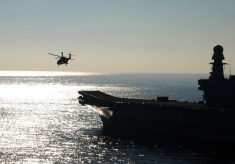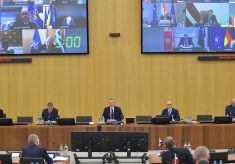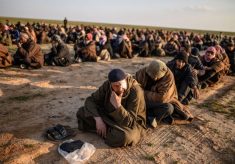The European Union has authorized the new “EUNAVFOR MED IRINI” operation (in Greek Peace), intended to replace EUNAVFOR MED SOPHIA, launched in 2015. The new operation will be characterized by many differences. The Headquarters of the operation will remain in Rome, Centocelle, and the guide will be up to Rear Admiral Fabio Agostini, former commander, since the 21st of February, of Operation EUNAVFOR MED SOPHIA.
EUNAVFOR MED SOPHIA was born primarily from the need to fight human trafficking in the Mediterranean. IRINI will have as its core task the implementation of the UN arms embargo through the use of aerial, satellite and maritime assets. In particular the mission will be able to carry out inspections of vessels on the high seas off the coast of Libya suspected to be carrying arms or related material to and from Libya in accordance with United Nations Security Council Resolution 2292 (2016) and as secondary tasks it will also:
monitor and gather information on illicit exports from Libya of petroleum, crude oil and refined petroleum products;
contribute to the capacity building and training of the Libyan Coast Guard and Navy in law enforcement tasks;
contribute to the disruption of the business model of human smuggling and trafficking networks through information gathering and patrolling by planes.

